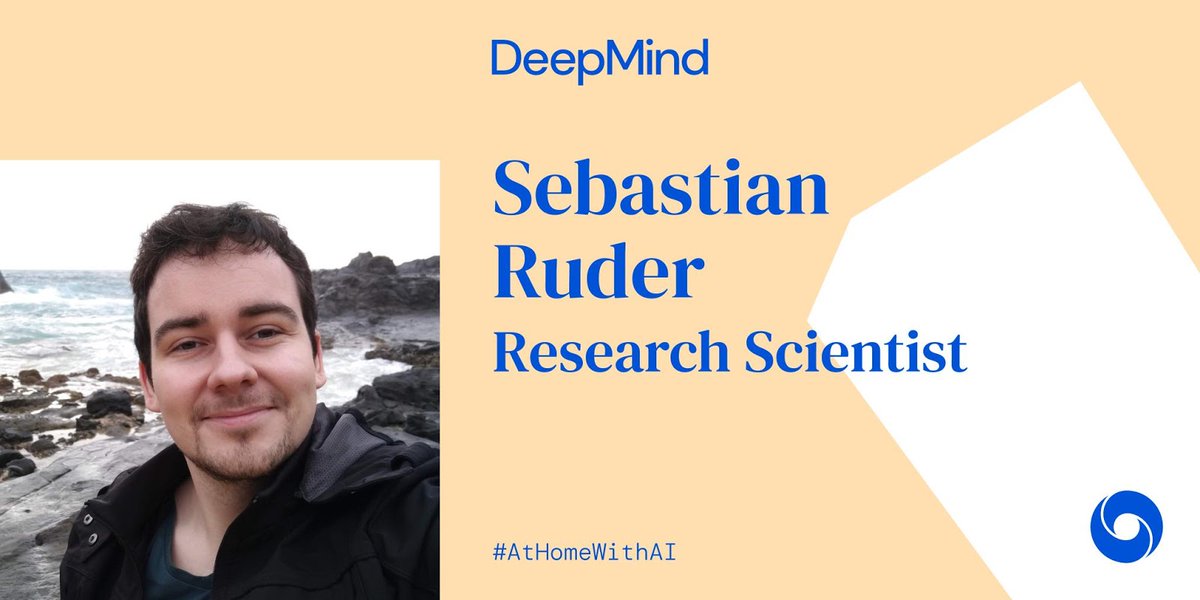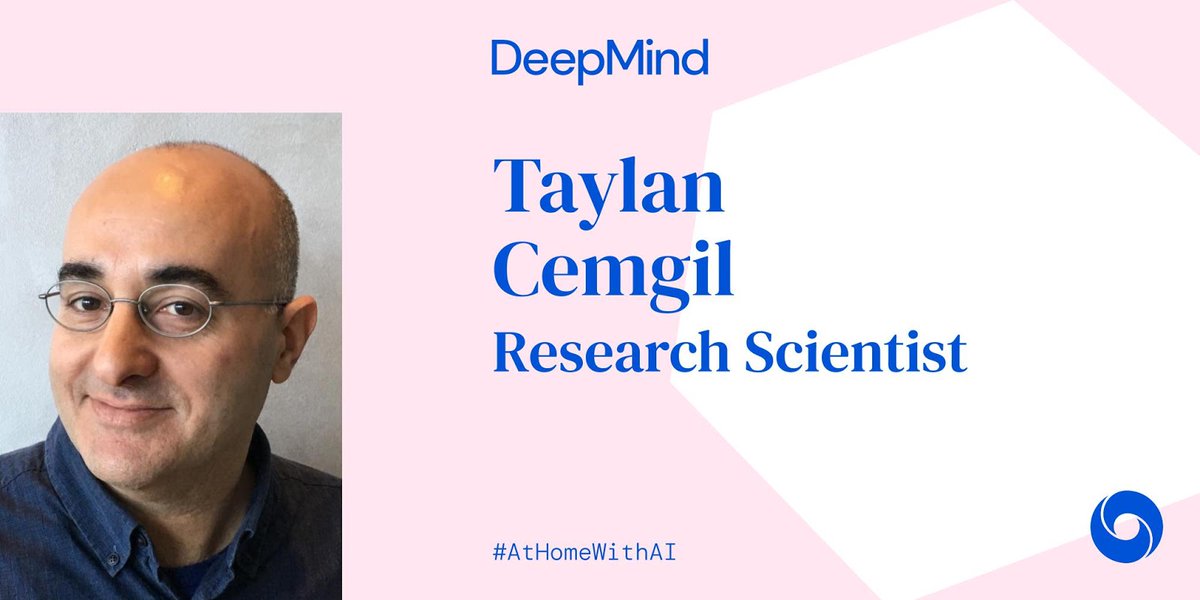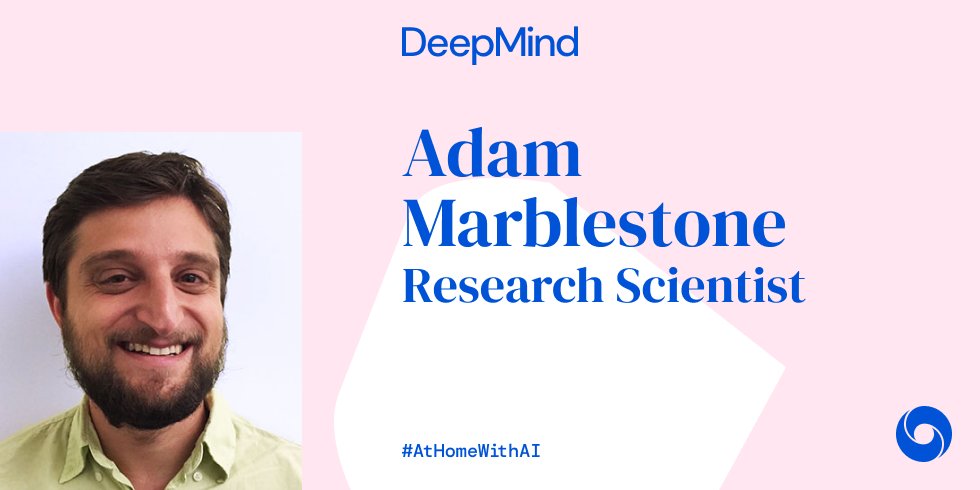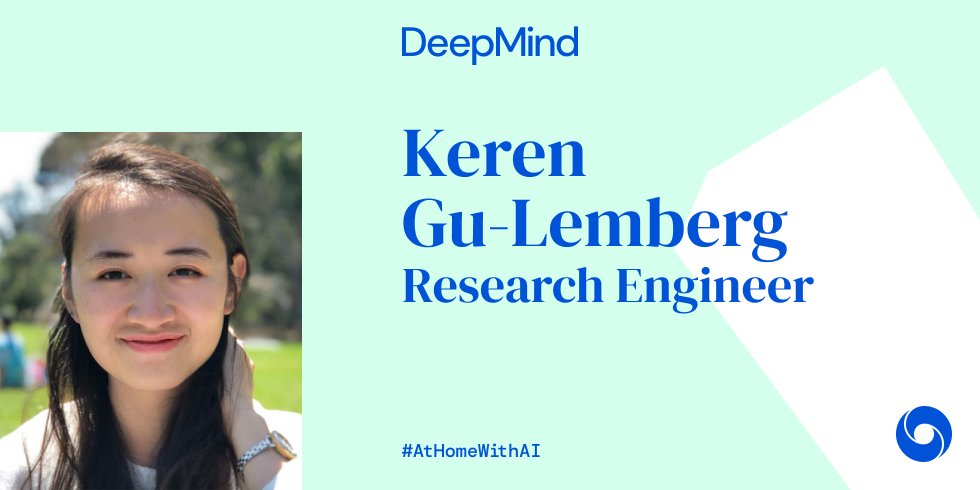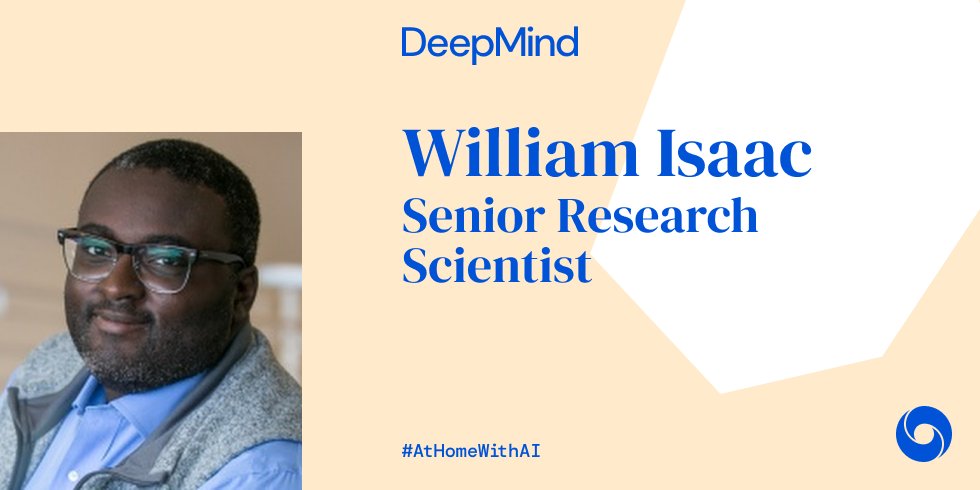
Yesterday we shared the news that #AlphaFold has been recognised as a solution to the ‘protein folding problem’ by #CASP14, the biennial Critical Assessment of Protein Structure Prediction. But what exactly is protein folding, and why is it important? A thread… (1/6)
Proteins are the building blocks of life - they underpin the biological processes in every living thing. If you could unravel a protein you would see that it’s like a string of beads made of a sequence of different chemicals known as amino acids. (2/6)
Interactions between these amino acids make the protein fold, as it finds its shape out of almost limitless possibilities. For decades, scientists have been trying to find a method to reliably determine a protein’s structure just from its sequence of amino acids. (3/6)
This grand scientific challenge is known as the protein folding problem. To help solve this, we created the latest version of #AlphaFold. We drew inspiration from the fields of biology, physics & ML, as well as the work of many scientists in the field over the past 50 years.(4/6)
We trained #AlphaFold on the sequences and structures of 100,000+ proteins mapped out by scientists around the world. It can now accurately predict a protein’s shape from its sequence of amino acids - unlocking key information that many have sought to understand for years. (5/6)
We hope this breakthrough shows the impact AI can have on scientific discovery & its potential to dramatically accelerate progress in some of the most fundamental fields (i.e drug design & environmental sustainability) that shape our world. Learn more: deepmind.com/alphafold
• • •
Missing some Tweet in this thread? You can try to
force a refresh

